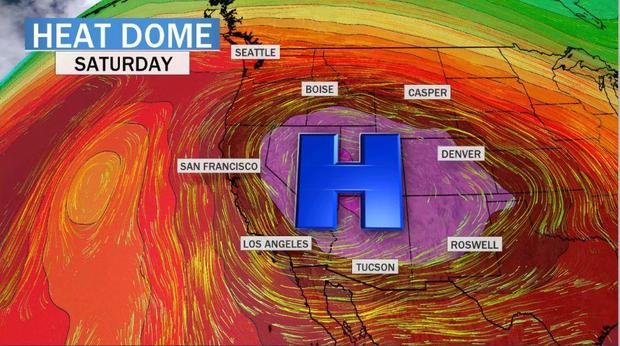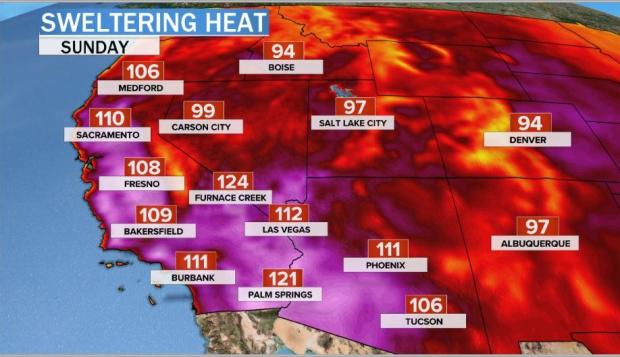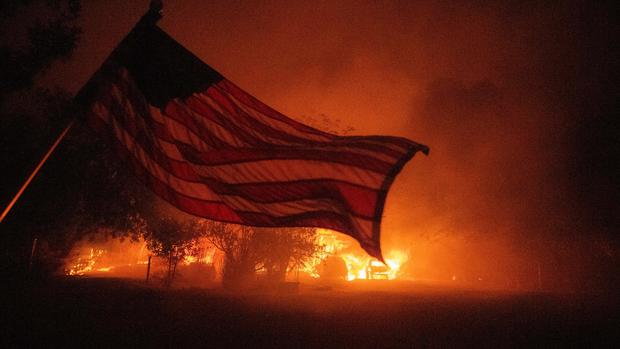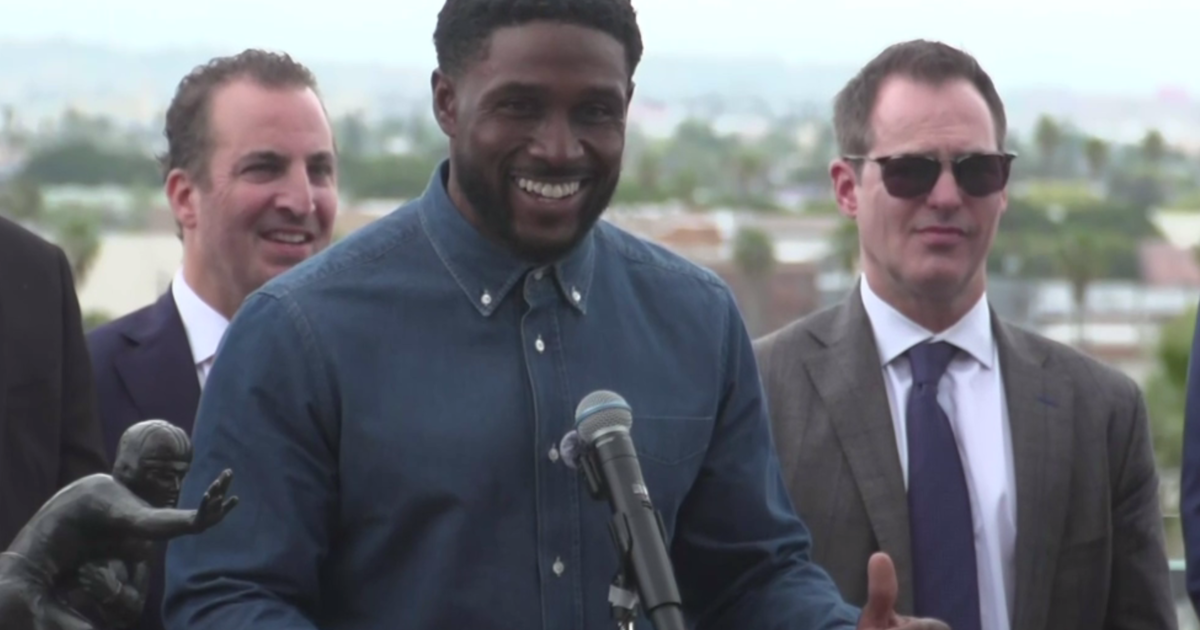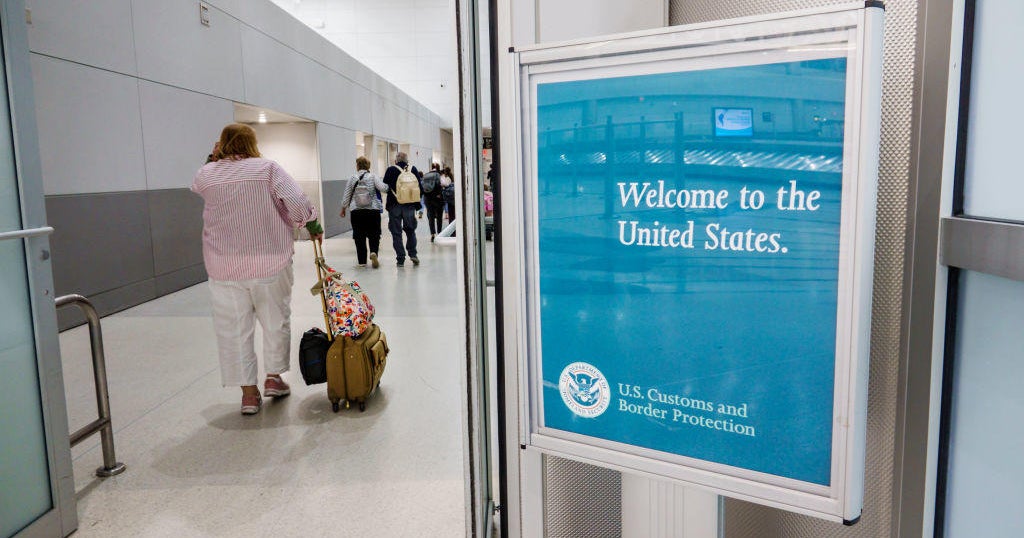Another record-breaking heat wave is building in the West
If this headline seems very familiar, that's because it is. 2020's Ridiculously Resilient Ridge of heat in the Western U.S. is back for an encore this weekend, and in some areas the heat will be even more intense than the historic heat wave just weeks ago, when Death Valley reached the highest temperature ever reliably measured on Earth: 130 degrees Fahrenheit.
The Los Angeles National Weather Service issued a strongly worded statement to Southern Californians on Wednesday warning of an "exceptionally dangerous event" — explaining that it will be even hotter than the recent mid-August heat wave.
"Temperatures this high, and this widespread, are rarely ever seen in the area. All daytime outdoor activities should be limited or cancelled," the forecasters said.
The reappearance of scorching heat is unwelcome news for firefighters who are still battling dozens of wildfires across the state. The second and third biggest fires in California history — the SCU and LNU Lightning Complex fires — are mostly contained, but this heat wave promises to make conditions even more flammable through early next week. Remarkably, three of the top 10 largest fires in California history took place last month.
While the August fires were fueled by heat and lightning strikes, often the most dangerous ingredient in spreading fires — gusty winds — were mostly missing. However, this time around may be a different story. Right on the heels of the heat wave, some computer models are forecasting a gusty wind event for California on Tuesday. But with several days to go, the jury is still out on that.
Excessive heat watches and warnings are already posted for 50 million people in California, Nevada and Arizona from Friday to Monday. For 40 million of those residents, temperatures will exceed 100 degrees at some point over the next several days. As of now, 150 record high temperatures are in jeopardy through early next week, with the heat wave peaking on Sunday.
Cities like Burbank and Fresno in the southern half of California, and Sacramento and Redding in the northern half of the state, are forecast to reach or exceed 110 degrees. But the heat will not be confined to California. Phoenix and Las Vegas are forecast to max out between 110-115, Death Valley near 125, and even Medford, Oregon peaking at 106.
The surge in heat is being caused by another historic heat dome in the mid-levels of the atmosphere, building from the Desert Southwest northward along the West Coast. The heat dome will be about as intense as any experienced during September since records have been kept.
For many parts of the Southwest, the searing heat has been relentless all summer and in some cases the hottest summer on record. That is true for Phoenix, which beat its old record by 1.6 degrees Fahrenheit, an achievement the National Weather Service called "astonishing." So far this summer in Phoenix has had 50 days of 110 degrees or higher, shattering the old record of 33 in 2011 — with several more days above 110 still expected.
And this summer's heat wasn't just in the West. Cities like Miami, Chicago, Hartford, Providence, and Norfolk, Virginia and more have all experienced their hottest summers on record, and New York City had one of its hottest.
August was a particularly brutal month across various parts of the nation. The ratio of record high temperatures to record low temperatures was 12 to 1, and about half of the West experienced its hottest August on record.
Temperatures in the Southwest, including cities like Las Vegas and Tucson, are warming faster than anywhere else in the continental U.S. as a result of human-caused climate change. Although heat waves are caused by a combination of natural cycles amplified by global warming, a recent study from Columbia University found that the human component is in the process of overtaking natural forces. The study shows that during this decade, the 2020s, human-caused climate change will become the "main driver" of heat waves in the Western U.S. — the first region in the country for this to happen.
